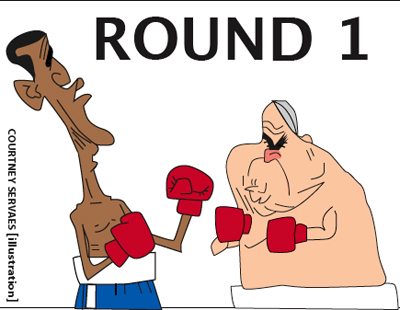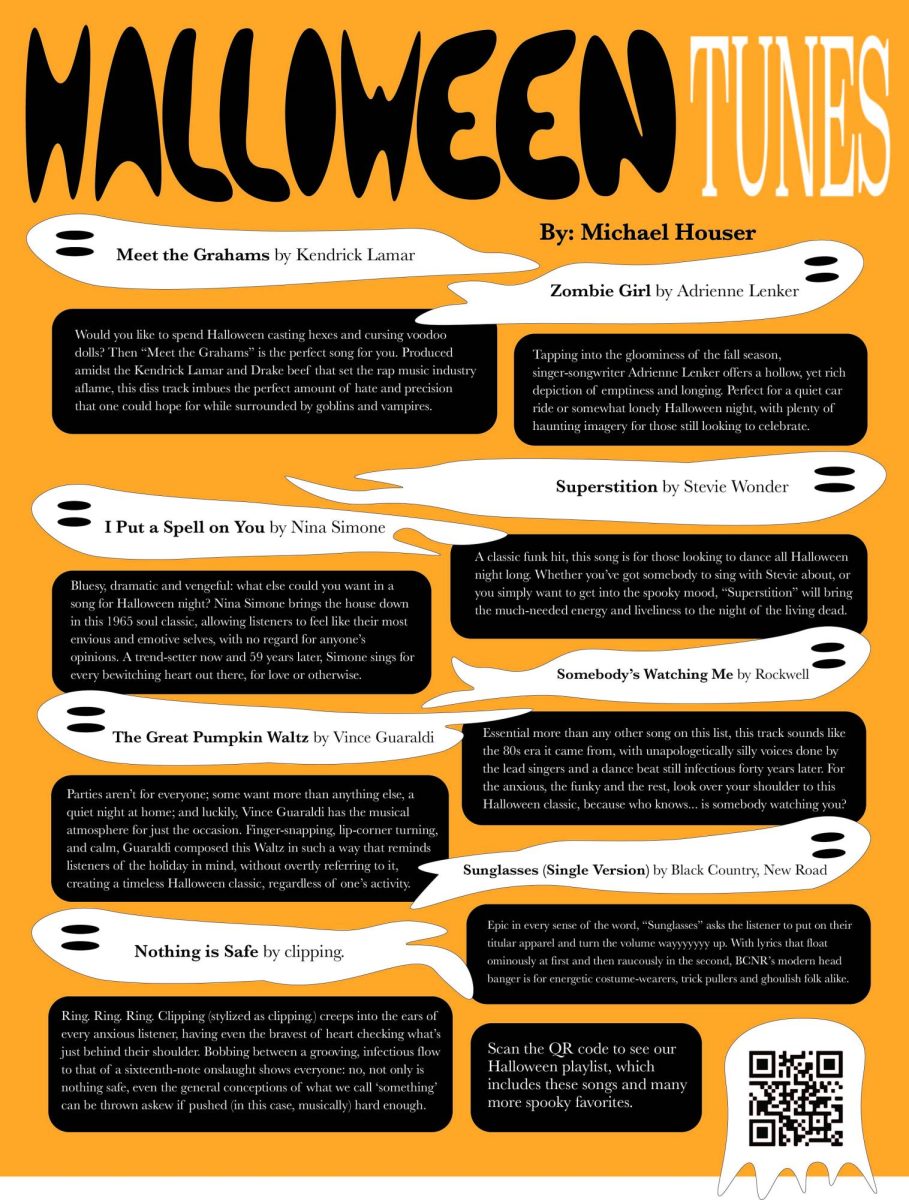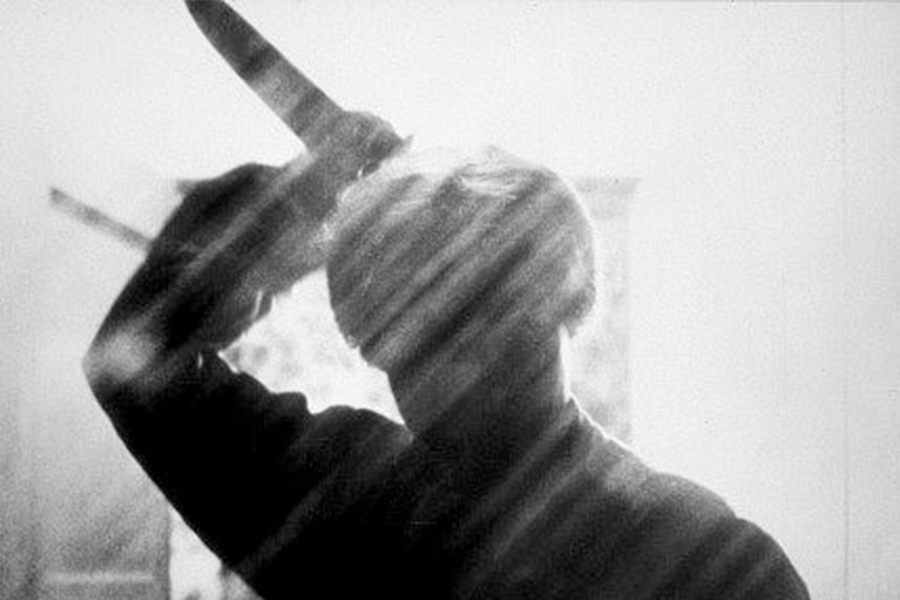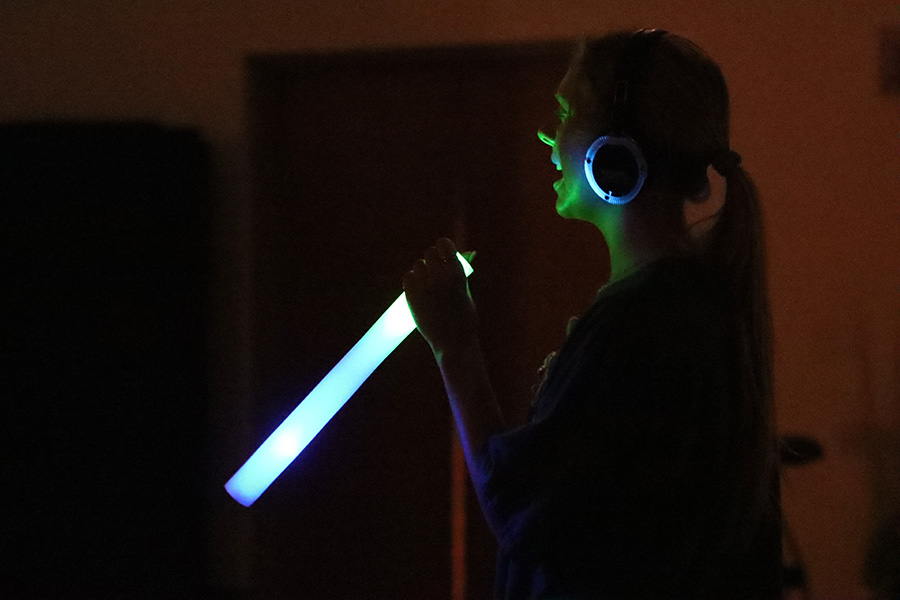Televised debates have played a vital role in presidential elections since 1960, when John F. Kennedy and Richard Nixon had the first broadcasted verbal contest.
In this presidential election between Sen. John McCain and Sen. Barack Obama, debates are still important. However, some people agree that the presidential debate held last Friday night didn’t persuade anyone to change his or her political positions if he or she already held one.
"The debate didn't really change any of my thoughts on the elections," junior Kendra Hanson said. "I knew where the candidates stood on most of the issues."<br/>Senior Rachel Kilian said the debate appeared to be beneficial for people less aware of the candidates' stances on various issues.Senior Rachel Kilian said the debate appeared to be beneficial for people less aware of the candidates' stances on various issues.
Senior Rachel Kilian said the debate appeared to be beneficial for people less aware of the candidates’ stances on various issues.
“I think that the debates were mostly geared toward undecided voters,” Kilian said. “The debate didn’t change my opinions about the candidates.”
Freshman Joylin Hall said the debates might not have been very productive.
“I was kind of disappointed,” Hall said. “The candidates did not provide a whole lot of new information.”
Hanson plans on supporting McCain in November. Kilian and Hall said they plan to support Obama on Election Day. However, the three agreed that Obama appeared more composed and collected throughout the debate.
“Even though I plan on voting for McCain, I was most impressed with Obama because I think he’s such a great public speaker,” Hanson said. “He sounds so composed and could make probably anything sound good. McCain tends to repeat things and can sound rattled when trying to come up with a debate answer.”
As far as the issues go, Hall noticed when the candidates were talking about the war in Iraq and conflicts with other countries, such as Afghanistan and Iran, the two candidates obviously possessed different attitudes and opinions.
“Obama held more of an open mind about this issue and tried to look at the whole picture, whereas McCain seemed like he was ‘tunnel visioning’ the issue,” Hall said. “I was disappointed by McCain’s response to Obama on this issue; he was trying to break Obama down on his position, and it seemed like McCain was trying to falsely put words in his mouth to make him look bad.”
During the debate, Hall noticed a difference between the candidates’ behaviors as well as their positions on issues.
“To me, the way McCain acted was evidence that he is not really a good candidate for conflict resolution,” Hall said. “Obama is a lot more hesitant to use violence, which is important to me because I’m a pacifist.”
Even though her position did not falter, Hanson was able to gain insight on the strengths of each candidate.
“I think Obama had better arguments in the economy; he really tried to ally himself with the middle class by discussing the tax breaks that he would give to them,” Hanson said.
“However, I think McCain had better arguments about defense, Iraq and foreign policy in general. He really went after Obama for being willing to meet with foreign governments like Iran and North Korea without preconditions.”
Even though Kilian liked what the candidates said, she wants to see something more concrete.
“I want the candidates’ actions to start following their words,” she said. “That’s very important.”







